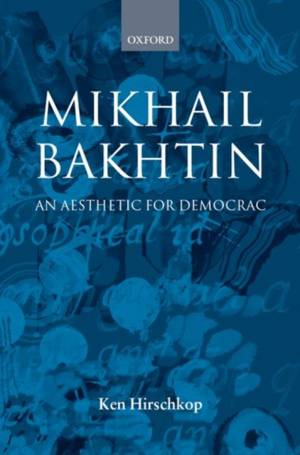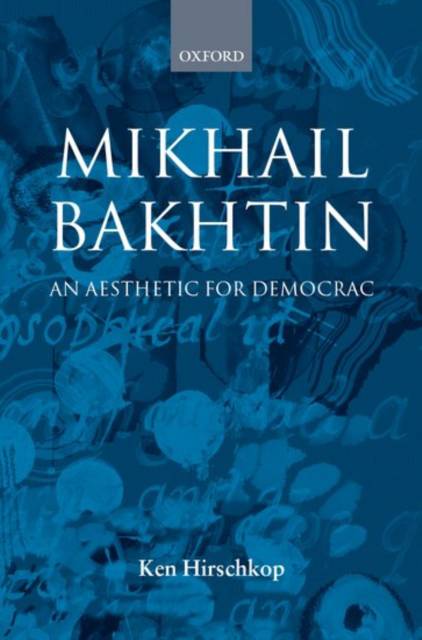
- Afhalen na 1 uur in een winkel met voorraad
- Gratis thuislevering in België vanaf € 30
- Ruim aanbod met 7 miljoen producten
- Afhalen na 1 uur in een winkel met voorraad
- Gratis thuislevering in België vanaf € 30
- Ruim aanbod met 7 miljoen producten
Zoeken
Omschrijving
This book makes a radical break with earlier interpretations of Bakhtin's work. Using recent Russian scholarship, Ken Hirschkop explodes many of the myths which have surrounded Bakhtin and his work and lays the ground for a new, more historically acute sense of his achievement. Through a comprehensive reading of Bakhtin's work, Hirschkop demonstrates that his discussion of the philosophy of language, literary history, popular festive culture, and the phenomenology of everyday life revolved around a lifelong search for a new kind of modern ethical culture. A detailed examination of the major works reveals the careful interweaving of philosophical and historical argument which makes Bakhtin at once so compelling and so frustrating a writer. Hirschkop treats Bakhtin not as a metaphysician or a philosopher for the ages, but as a writer inevitably drawn into the historical conflicts produced by a modernizing and democratizing Europe. As a consequence, Bakhtin becomes a more sober but also more original writer, with a striking contribution to make to the definition of the democratic project.
Specificaties
Betrokkenen
- Auteur(s):
- Uitgeverij:
Inhoud
- Aantal bladzijden:
- 352
- Taal:
- Engels
Eigenschappen
- Productcode (EAN):
- 9780198159612
- Verschijningsdatum:
- 2/03/2000
- Uitvoering:
- Hardcover
- Formaat:
- Genaaid
- Afmetingen:
- 152 mm x 229 mm
- Gewicht:
- 689 g

Alleen bij Standaard Boekhandel
+ 660 punten op je klantenkaart van Standaard Boekhandel
Beoordelingen
We publiceren alleen reviews die voldoen aan de voorwaarden voor reviews. Bekijk onze voorwaarden voor reviews.








